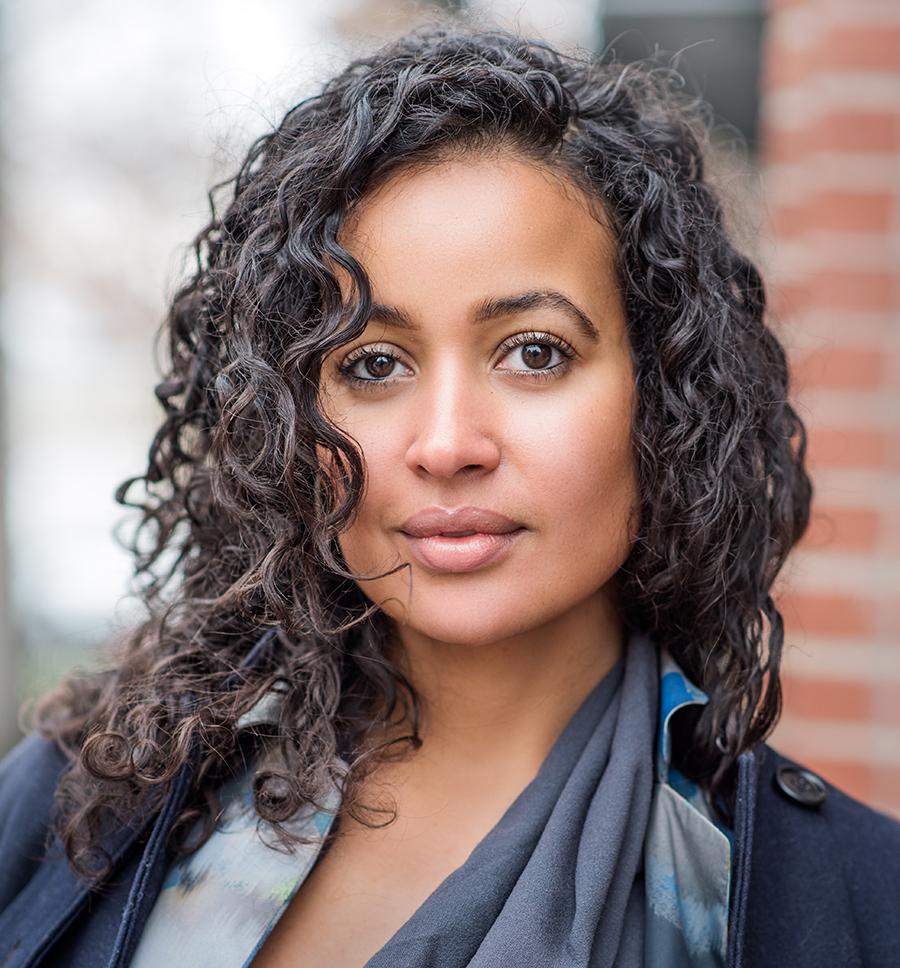Meet Our Researchers: Manica F. Ramos
Manica F. Ramos is a senior research scientist, developmental psychologist, and the operations director for the National Early Care and Education Workforce Center. She works across a variety of early care and education research topics including, how to support the workforce, family engagement, as well as how to make family support services more equitable. Manica is also the co-Chair of Child Trends Institutional Review Board (IRB) that reviews research studies for the protection of human subjects.

Transcript
My work focuses on the intersection between research, practice, and policy, to improve equitable access and use of a range of early care and education services and programs, such as Head Start and child care.
I’m an applied researcher. I partner with the communities I seek to support. I see this approach as a reflection of my Latino cultural values and beliefs. The idea that there’s strength in coming together. We all know the saying that it takes a village to raise a child. And by partnering with communities, the work is elevated because it reflects current realities, and the recommendations include the voices and priorities of those impacted by the work. Even more, these partnerships are not just one way. Community members benefit through capacity building, such as training, as well as direct payment for their time.
My interest in applied research stems from a desire to make sense of my personal experiences. At a young age, I, with a small group of other students, was selected to attend an accelerated educational program outside of my neighborhood school. I realized that my early enhanced schooling experiences set my life on a different path than those who attended the neighborhood school. I often wonder why my life experiences were so different. Why was I able to be successful in school while most other people around me struggled? This personal experience shaped my research interests in identifying the things that support educational achievement for historically underserved communities. I quickly realized how critical it is that all families have available and accessible support services, rather than just a select few. As I delved into the literature, I was surprised to realize that my experiences, and those of Latino and Black culture more generally, were not reflected in research. This made me want to strengthen cultural sensitivity, as well as racial and ethnic equity in the approach to research, design, and interpretation of the findings.
For me, applied research offers the opportunity to engage with and elevate the voices of the communities I seek to support. After all, the communities know their strengths and their needs, and they should be at the table to identify supports and changes that will improve access and use of services. I feel like my research is a success when I authentically engage with communities and collaboratively work towards services that are culturally responsive and equitably meet the needs of all children and families.
In honor of my grandmother, Felicita, all of her female grandchildren, great-grandchildren, and now great-great-grandchildren all have the same middle name, Felicia. I’m proud to be the ninth among twenty-four Felicias. This family legacy connects us through generations and maintains a tie to our grandmother, to her strength and beauty.
© Copyright 2025 ChildTrendsPrivacy Statement
Newsletter SignupLinkedInYouTubeBlueskyInstagram